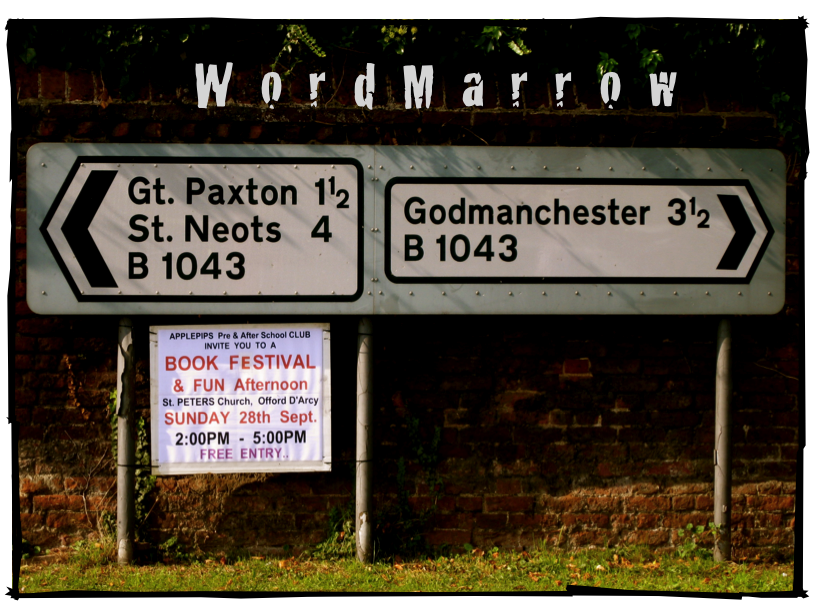I write about God. I don’t think it’s for the general public. Or is it? If what we write is truly good literature, anyone should be able to read it without thinking it's narrow minded and un-intellectual just because it involves faith. People like Madeleine L'Engle and Marilyn Robinson have bridged the gap and made it possible for the general public to read novels about the Christian faith. But how do they do it? What makes their writing good?
In the past two years or so I've visited Christian publishing editor's blogs (who work with CBA, which stands for Christian Booksellers Association) who discuss at length the pitfalls and bad writing they find in contemporary Christian literature. Today’s lit is often (not always) catchy and slightly trendy, but it would not stand the test of time. It resorts to clichés and formulaic writing. Discussions like that scare me out of writing because I wonder if I write lazy lit. Do I write tedious prose? Cheap dialogue? Fuzzy, feel good narratives that don’t display the delicate intricacies of our faith in a meaningful and entertaining story? I’m tired of being paralyzed out of writing because I don’t know if it’s “good” or not. And what is good?
That's why I've started to create a specific, manageable list about what makes good writing. Eventually I want the list to be short and sweet, so that after I've written something I can measure it to my criteria. I've included it here so that you can all include your own guidelines if you have them. This is what I have so far (it's a little long):
“Good” Writing Guidelines
1. Write what you know
2. Inventory your passions
3. Consider if enough is at stake to make a story
4. Do not let the writing serve you; serve the writing
5. Big picture focus through small picture experiences (universal truths with real people/s/character’s stories)
6. Increase your reader’s imaginative grasp
7. Invent the form that will best serve your subject. The form is not the point. The idea, the question, the thing to know is
the point.
8. Show, don’t tell
9. Be precise
10. Define your terms
11. Don’t generalize
12. Avoid hyperbole
13. Don’t assume your reader agrees with a word you’re saying
14. Don’t cast the subject as a dichotomy
15. Personalize the issue
16. Use indirection
17. Explain/portray/show why the issue matters
18. Avoid sentimentality, aesthetic or psychic distance, and didacticism
19. Find harmony in chaos
20. Do not be self-conscious
21. Do not censor yourself
22. The writing will depend on what the writer learns
23. Examine what you write
24. Edit what you write

No comments:
Post a Comment